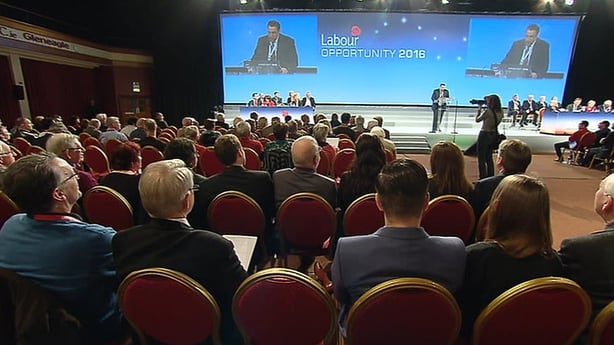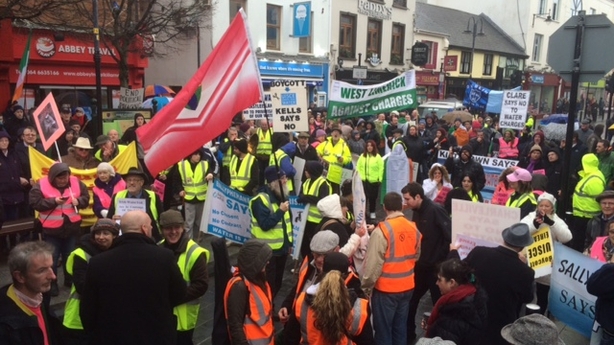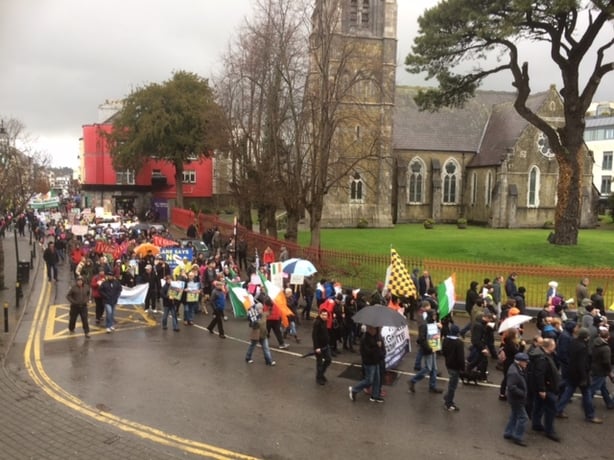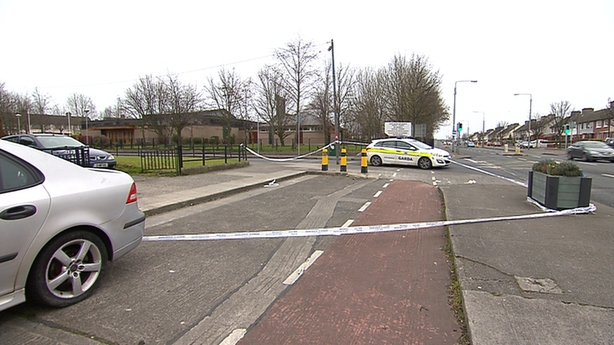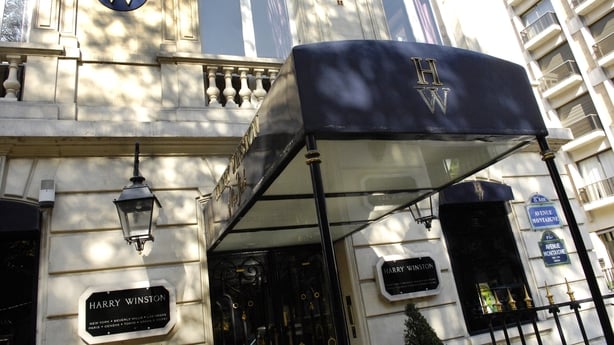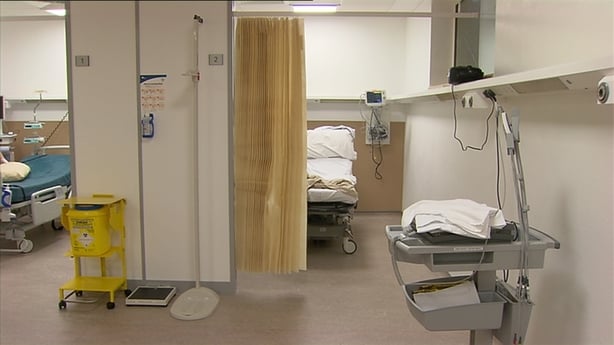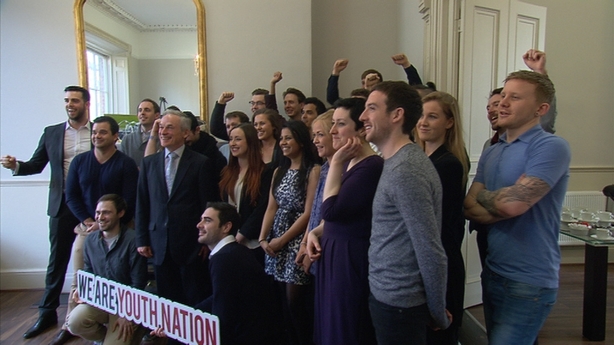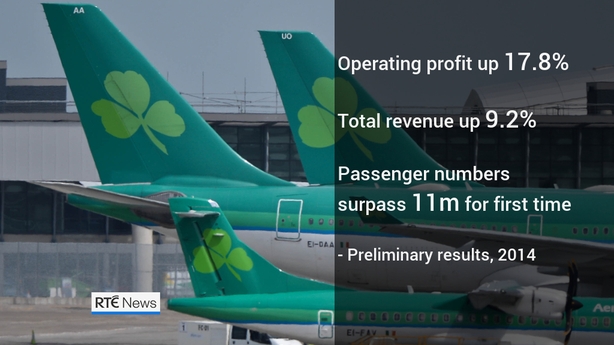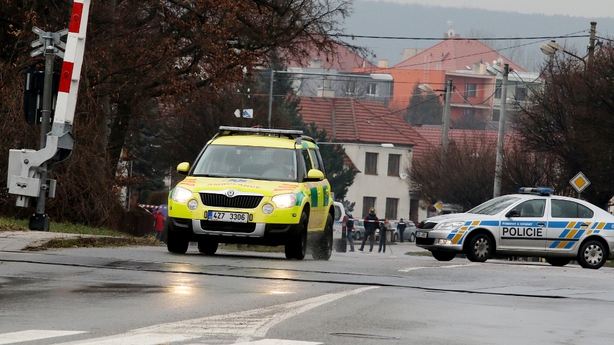Economist David McWilliams has told the banking inquiry that the bank guarantee was the right decision and the only one which could have been taken at the time to stop a bank run.
However, he added that it needed to be temporary.
Asked by Fianna Fáil's Michael McGrath about critical articles shortly after initially describing the bank guarantee as a masterstroke, Mr McWilliams said if it had not been done, the banks could have been bust.
But he said it moved towards being used not as an emergency measure but as a full payment mechanism in event of bankruptcies.
Mr McWilliams said he told then minister for finance Brian Lenihan that more conditions should be added.
He earlier told the inquiry that the property and banking crash was incredibly predictable and absolutely preventable.
Mr McWilliams said he spent a decade warning that the property market would crash and money would fly out of the banking system.
He had a moral imperative and a patriotic duty to warn of catastrophe, he added.
The Irish banking system and by extension, the rest of the economy, was set up to fail, he said.
He said he believed hundreds of thousands of ordinary people would end up in negative equity and debt where their lives were destroyed due to the debt associated with the housing market.
The panic of September 2008 did not have to happen and was not pre-ordained, he added.
If there was no housing boom, there would have been no banking boom.
Watch the banking inquiry live
Mr McWilliams played a clip on his laptop of himself on RTÉ's Prime Time in October 2003 where he warned of the dangers of the housing boom.
He later told the inquiry that he suggested to Mr Lenihan a holding blanket guarantee to buy time to find out the facts, but he said the guarantee should have been rescinded some months later.
He also said at no stage did he suggest it should include subordinated debt.
Mr McWilliams said that in March 2009, he wrote that the guarantee should be rescinded as he was worried that an emergency measure to protect depositors would be used as a cloak to protect bank creditors.
The National Asset Management Agency and the ECB were then in place.
Asked if Mr Lenihan discussed nationalising banks, Mr McWilliams said he told the minister it would not stop a bank run and would hurt confidence.
Mr McWilliams said by nationalising a bank, you take on all the liabilities and do not give yourself the temporary time to find the facts.
On a suggested partial guarantee, Mr McWilliams advised that would be okay if a bank run only included Irish people at ATMs. But he said it was not just that, it was billions of euro of hot money on international markets.
Sinn Féin's Pearse Doherty asked if the minister said that officials were dead set against a full guarantee.
Mr McWilliams said they did not realise that a partial guarantee would not work and it is very clear it did not work.
He added that Mr Lenihan never indicated his intentions and used Mr McWilliams as a sounding board.
Inquiry told of 'intense period'
The economist met the then finance minister for the first time on 6 September 2008. On 17 September, they met at McWilliams' home.
After that, they had 12-13 phone calls and two face-to-face meetings.
He said it was a very intense period of discussion and after 4 October 2008 he never saw him again.
On 6 September 2008, both were on a radio show panel.
He said on air that the banks risked going bust and Mr Lenihan said that was dangerous talk.
Afterwards, Mr McWilliams said that Mr Lenihan asked him to come in and advise him, and said Mr Lenihan gave him his phone number.
On 17 September 2008, he received a phone call from Mr Lenihan, saying he would call out to his house in an hour.
The meeting went on until 2am.
Mr Lenihan told him he was getting different numbers from everyone.
Mr McWilliams told him he needed to do something to buy himself time to get the facts.
On a suggested partial guarantee, Mr McWilliams said it could work but you cannot really be half pregnant.
He said there was one other option, a blanket bank guarantee as used in 14 other countries.
He said he suggested a holding guarantee.
He had one other contact from a Cabinet member. John Gormley rang him to find out what was going on, he said.
Mr McWilliams said he told him he was in Beijing and suggested Mr Gormley read his Business Post article and call him back.
Mr Gormley never did.
Ireland caught up in 'perfect storm'
Professor Terrence McDonough of NUI Galway has told the inquiry that at the time of the banking guarantee, Ireland was caught up in a perfect storm, one whose "great winds have periodically abated only to blow up again".
He said it is important to understand that the situation affecting Ireland cannot be characterised only as a financial crisis.
Prof McDonough said it was popular in some quarters to refer to Ireland's crisis as homegrown and said it was certainly true that "one storm front blew up within the borders of Ireland".
However, he said 2008 saw "the tragic convergence of this front with two other influences; one, the global storm of the international crisis of global neo-liberalism which blew Ireland against the other, the unforgiving shores of the euro system".
Asked if he was in favour of the euro, Prof McDonough said he was not. He said "was the euro a good idea? Absolutely not."
He posed the question should Ireland leave the euro and said: "We need to be thinking about that. I wouldn't say we should leave the euro as definitively as I would say entering the euro was a mistake."
Prof McDonough was addressing issues relating to the "international, EU and domestic policy context for the banking crisis in Ireland".
He said his presentation was a macro-economic anaylsis of the overall crisis, which he said "still faces the world's peoples today, at least seven years on".
